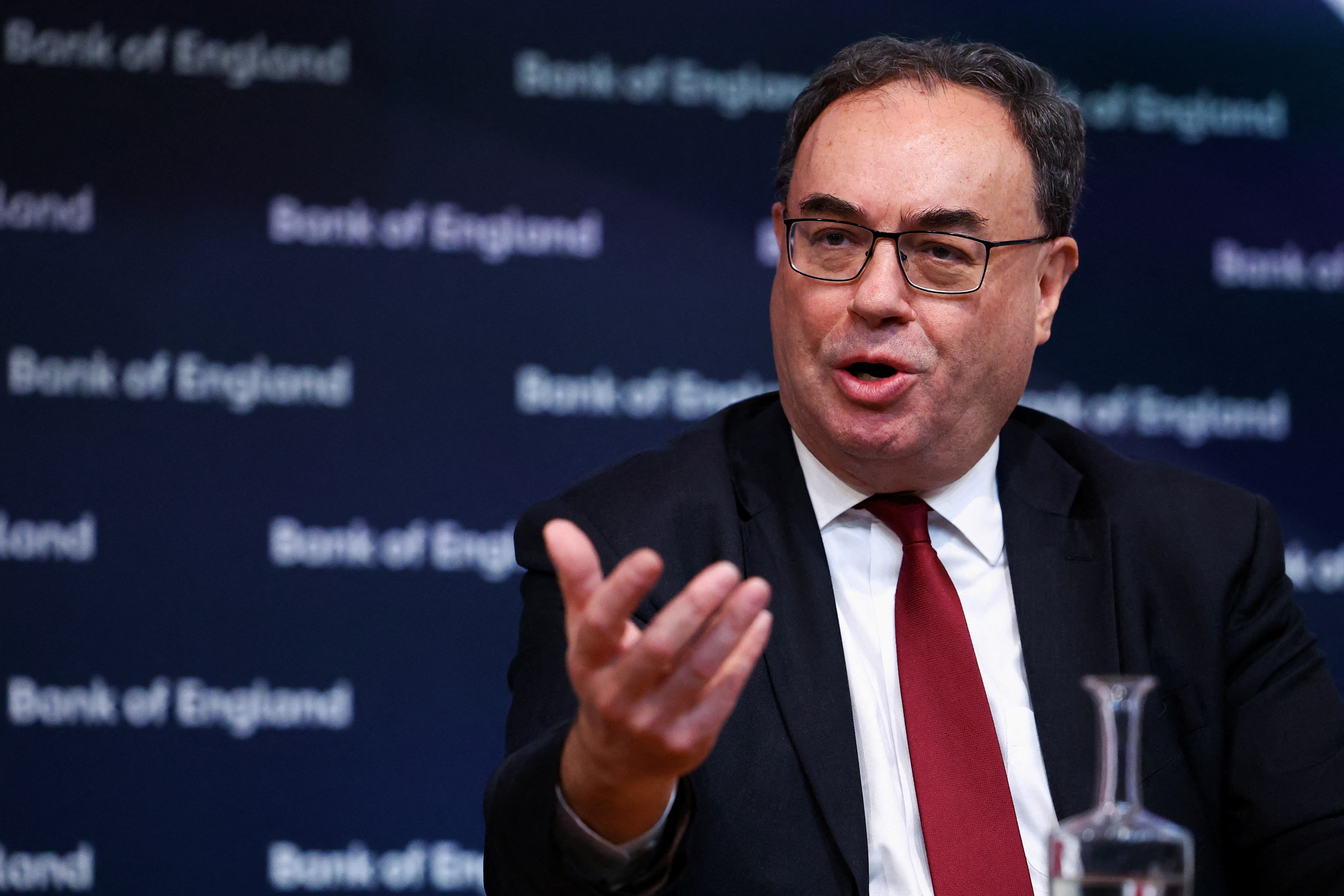UK banks in ‘sound health’ but market valuations ‘in doldrums’, says Bank chief
Bank of England Governor Andrew Bailey said there had been major macroeconomic disruptions over the last four years.

The governor of the Bank of England has said that UK banks have emerged from a volatile few years in “sound health”, but said the stagnating share prices of major lenders remained a “puzzle”.
Andrew Bailey, speaking in a lecture at Loughborough University, said there had been major macroeconomic disruptions over the last four years, since the onset of the Covid-19 pandemic.
“UK banks have come through the turbulence of the last four years in sound health, and that has enabled them to contribute to maintaining financial stability and to support the economy and their customers during these difficult times,” he said.
“That was not always the case in the past,” he added, referring to the 2008 global financial crisis which led to wide-reaching reforms in the banking sector.
I really would put more emphasis now on what we’re seeing looking forwards than this question about where the end of last year may or may not be
Banks now hold much greater levels of capital reserves with the Bank of England, which helps to maintain financial stability.
And in the future, banks may choose to hold more reserves than previously expected, the Bank chief said.
Mr Bailey also said that the UK banking system had proved to be more resilient, but that there was a “puzzle expressed often by banks”, asking: “If this is a good news story, why are the valuations of banks so much in the doldrums?”
Britain’s largest banks have been more poorly valued compared with international peers, with shares in the likes of Barclays, Lloyds and NatWest falling over the past year.
But with banks’ net interest margins – meaning the difference between what they pay out for deposits and what they generate from loans – at more normal levels, and credit impairments subdued compared with historical levels, the question of their stagnating valuations “deserves further study”.
Meanwhile, Mr Bailey said it was important not to “put too much weight” on the fact the UK economy was at risk of having fallen into a recession at the end of the year.
He said that any recession, defined as two consecutive quarters of negative growth, was likely to be “shallow” and that there were “signs of an upturn” in more recent data.
“I really would put more emphasis now on what we’re seeing looking forwards than this question about where the end of last year may or may not be,” he said.
Bookmark popover
Removed from bookmarks